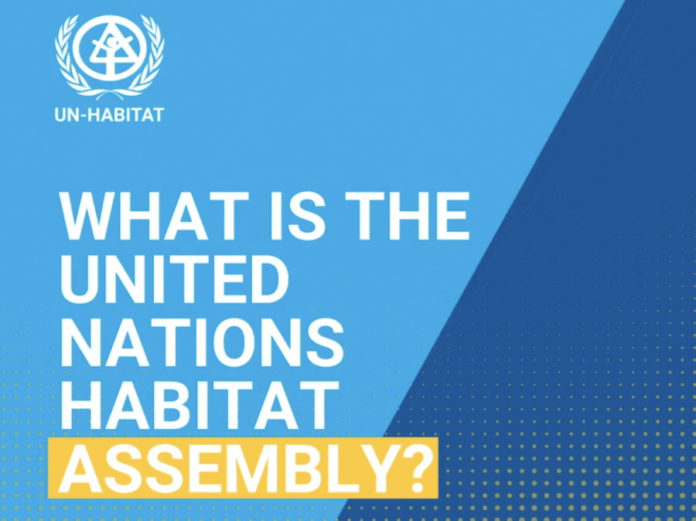NAIROBI (KAAB TV) – As the UN Habitat Assembly commences in Nairobi, Amnesty International’s regional director for East and Southern Africa, Tigere Chagutah, emphasizes the need for a renewed commitment to ensuring the right to adequate housing for all.
Chagutah states, “The housing challenge extends beyond the mere lack of physical houses in urban areas. It also encompasses the provision of decent and affordable housing, enabling individuals from all income brackets to access safe and adequate living conditions.”
Amnesty International calls on the assembly to urge governments to develop time-bound strategies that explore all viable options, including in-situ upgrading of informal settlements, in order to achieve adequate housing for all and to leave no one behind. With the global urban population on the rise, governments must take urgent measures to ensure that towns and cities possess sufficient housing and sanitation infrastructure.
“Delegates gathering in Nairobi must renew their collaborative efforts to realize the right to housing in urban areas. People living in poverty often have no choice but to reside in highly inadequate housing within informal settlements, which also poses health risks. Furthermore, many individuals face forced evictions and homelessness,” urges Chagutah.
Governments are urged to invest in social housing, slum upgrading, water and sanitation programs in urban informal settlements, as well as to undertake environmentally sustainable, inclusive, transformative, productive, and equitable urban renewal initiatives.
Address issues of sustainable urban development
The second United Nations Habitat Assembly is scheduled to take place from 5 to 9 June 2023 at the headquarters of the United Nations Human Settlements Programme in Nairobi, Kenya. The assembly aims to address issues of sustainable urban development amidst challenges such as pandemics, conflicts, climate change, and economic uncertainty.
According to the World Bank, approximately 51% of Africa’s urban population, comprising 500 million people, reside in slums. Experts predict that Africa’s urban population will increase to 57% by 2050, underscoring the urgent need for Sub-Saharan African governments to reevaluate their housing strategies and prioritize informal settlements.
The UN reports that the COVID-19 pandemic and its aftermath have hindered progress towards achieving the right to housing. Reduced domestic and foreign spending, decreased government investment in social programs (including sanitation and social housing in urban informal settlements), and the mounting debt burden in Sub-Saharan Africa have exacerbated the situation, impeding public investment in housing.


